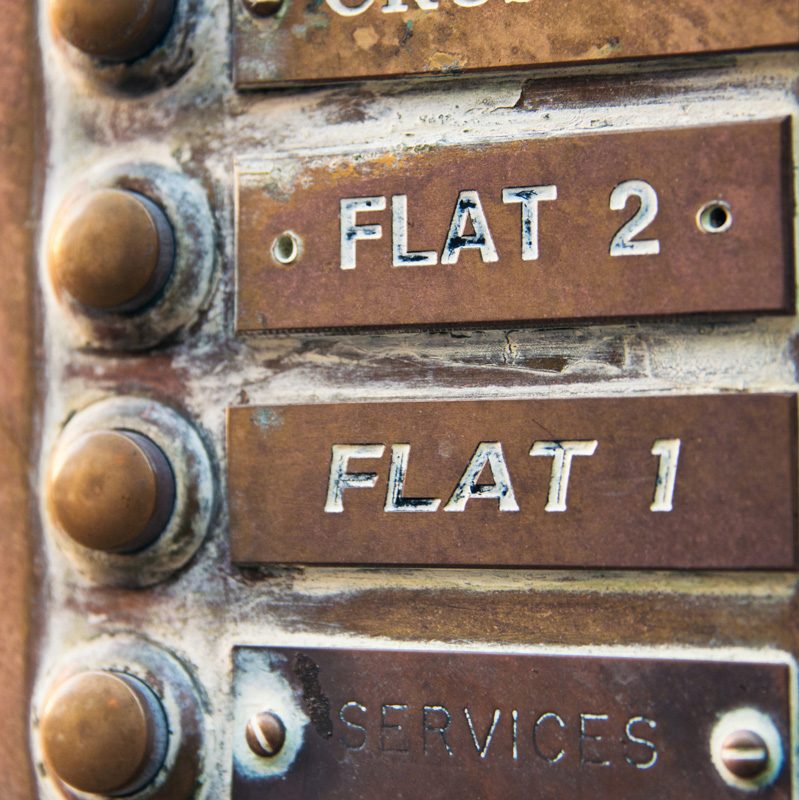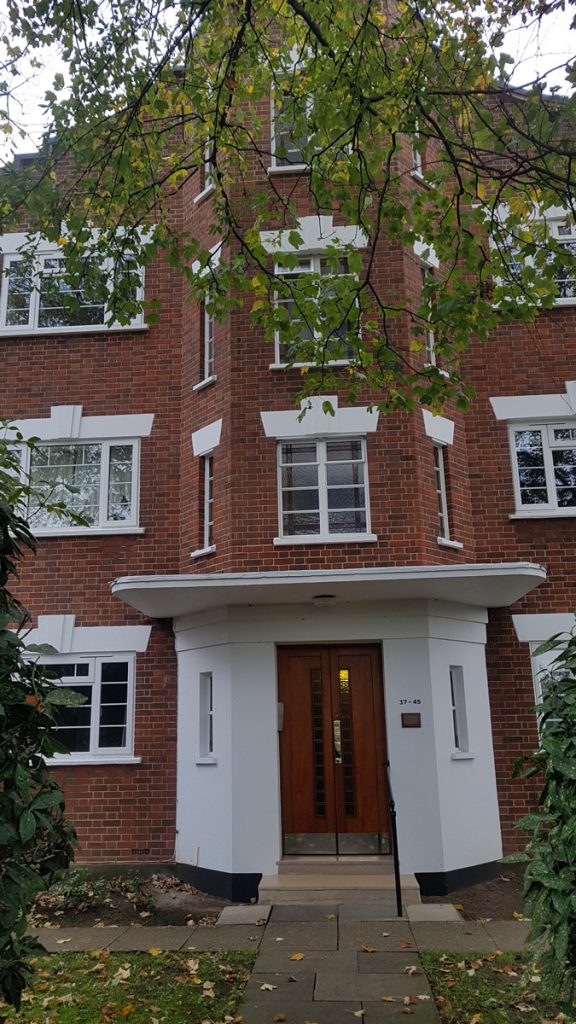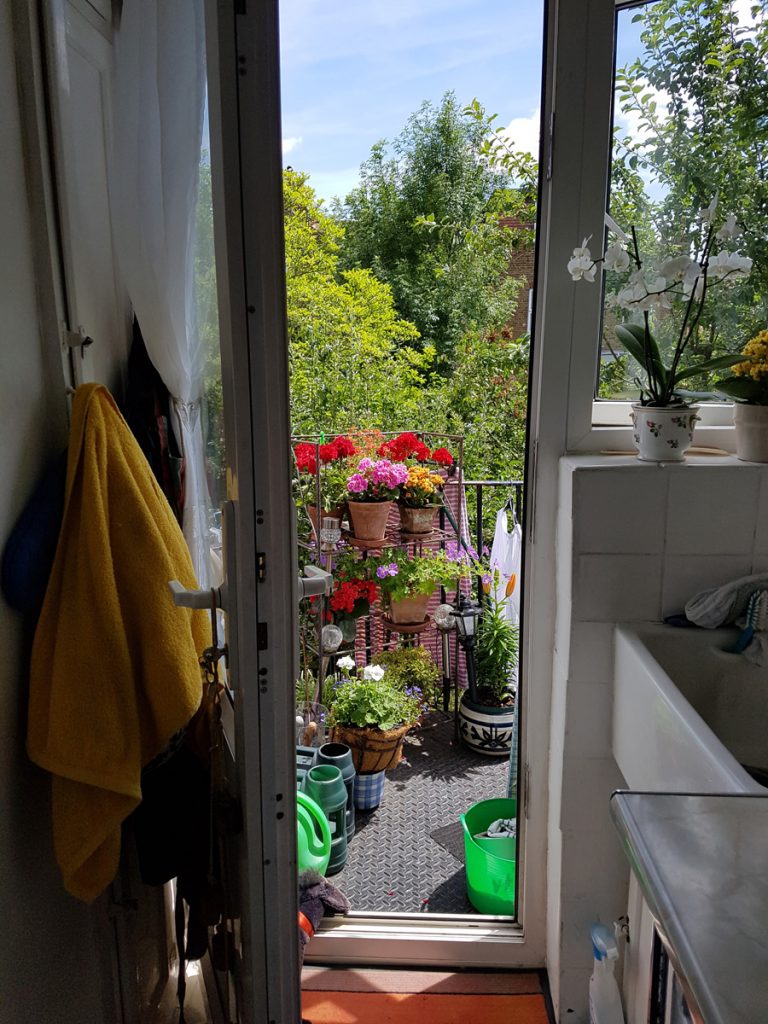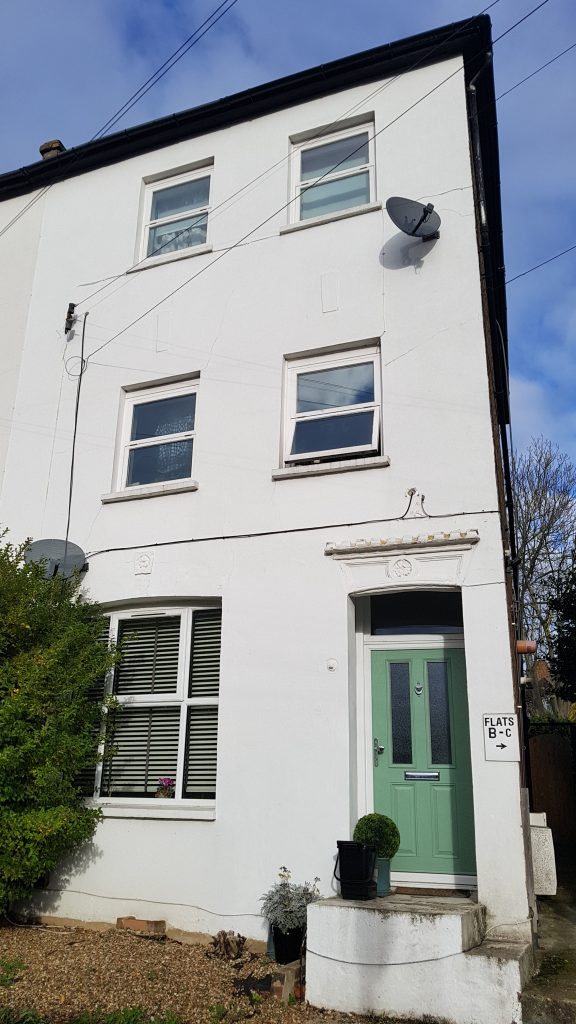Lease Extension
“The lease on our flat is less than 80 years old.

Why should I extend my lease?
A Lease Extension will increase the value of your property, and make it easier to sell. As your lease gets shorter it may reduce the value of your flat.
A lease on a flat, or similar property, is known as a diminishing asset and is normally granted for a specific term of years. If the lease has less than 80 years remaining, then the premium for the lease extension becomes higher*²; and it can be much harder for buyers to find a mortgage. With every year that passes, the cost of renewing that lease goes up.
Lease Extensions are complex and full of jargon.
We make it simple for you.

Each Side Leasehold are professional RICS Regulated Valuation Surveyors and proud members of the Association of Leasehold Practioners. We’re based between Reigate, Dorking and Horsham on the Surrey – Sussex border; and we specialise in valuing residential properties, mainly flats for lease extension, or for freehold purchase.
There are normally two routes to arrange a lease extension for flats and houses: – An informal arrangement between freeholder and leaseholder, or following the legal or statutory route (see below). We can advise on the most appropriate choice for you.
Whether you’re the freeholder or a leaseholder, we will explain and guide you through the statutory process. We will provide an opinion* on any informal proposal that you may have received to extend a lease; and provide professional valuations to help you choose the best route for you.

Statutory process for lease extensions
Current legislation*³ in England and Wales gives most leaseholders a statutory right to extend their lease. The act entitles you to extend your lease by 90 years (in addition to the unexpired term) at a nil ground rent.
The main qualifying criteria are:
- The original lease was over 21 years in length
- The flat owner must have owned the property for at least 2 years.
(- or if you’re buying a flat, the existing owner may be able serve a statutory notice on your behalf and assign those rights to you as you become the owner)
The process is started by serving a “Section 42” notice, including a professional valuation of the premium to extend. There are strict time frames for response from both parties, and usually a short negotiation to agree the premium. On the rare occasions that the premium can’t be agreed, then you have the right to take the case to Tribunal.
We provide a professional and competitive valuation service including inspection of your property and a formal valuation report; setting out each stage of the valuation process in a clear and concise format. When required, we negotiate with the other party’s valuer to agree a final premium.
Should I Extend my Lease Now?
You may have read that the government plans to introduce changes to lease extension for flats and houses. More information can be found here, but at present, in most cases, the proposals appear to be very similar to existing statutory lease extension laws. No date has been set for any changes to the system.
In the meantime: If your lease has less than 90 years remaining, whether you plan to keep or sell your flat, you need to extend your lease fairly soon. If it’s close to, or below 80 years then you should act now.
Contact us:
Call Jackie Collis on 01737 237 811
or email hello@eslease.com
Footnotes:
*³ Leasehold Reform Housing & Urban Development Act (1993)
*² Below 80 years, the calculation for the extension will include an extra cost known as “marriage value”; based upon the future sales value of the property with an extended lease, which leads to a higher premium.
* You also need a solicitor who is experienced in leasehold reform and collective enfranchisement. We can work closely with your solicitor, or recommend a suitably experienced solicitor in your area.

